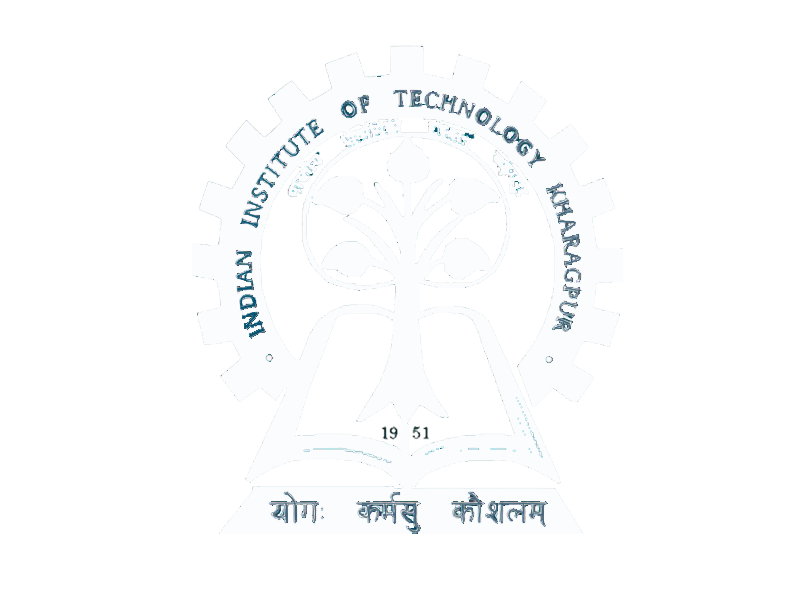|
E-Business Centre of Excellence
Department of Industrial & Systems Engineering Indian Institute of Technology Kharagpur, Kharagpur, INDIA Short-term course on "Web Data Analytics using R and Python" September 6-10, 2016 |
 |
||
|
Introduction
World Wide Web probably is the largest publicly accessible data source in the world. These data comes
from sources such Web page content, hyperlinks and usage logs. With the advent of Web 2.0, web page content is no
more limited to what is created by website administrator; it also contains user generated contents such as blogs and
social interaction data. Many websites also provide APIs to extract this user generated data. This course aims to
introduce the following topics with hands on exercises using R and Python. Recommender System
Recommenders systems have become an integral part of most ecommerce websites. Such
systems recommend products and services relevant to a user based on his activities and activities of the similar users.
This is achieved by predicting the rating for an unrated item for a specific user. Our focus here is the collaborative
filtering based recommender system. Web Log Analytics
HTTP requests made to a web server are captured in the web log files. This is a useful source of
data for understanding users' navigational pattern in a website. Knowledge of this pattern can help a company in
many ways starting from redesigning the website to generating marketing insights. This module will help the learner
to analyse web log and generate insights from it specifically for improving site navigability. Analysing Web and User Generated Contents
While web content is created by the company, the user generated
contents are created from unidirectional and bidirectional interaction of the user with the website. User blogs, data
from social network sites such as face book and Tweeter are few examples. Irrespective of the source this text data
requires developing skill in basic text analytics, and advanced techniques on sentiment analysis and opinion mining.
In this module will help the participants to learn about analysing web and user generated contents in general with
application to sentiment analysis. Social Network Analysis
Social network is the study of social entities, their interactions and relationships. From the
network we can study the properties of its structure, and the role, position and prestige of each social actor. We can
also find various kinds of sub-graphs, e.g., communities formed by groups of actors. Social network analysis is useful
for the Web because the Web is essentially a virtual society, and thus a virtual social network, where each page can be
regarded as a social actor and each hyperlink as a relationship. Many of the results from social networks can be
adapted and extended for use in the Web context. |
Contact |
Campus Weather During September Max: 36°C Min: 24°C Rainfall: 12 mm Campus Map |

